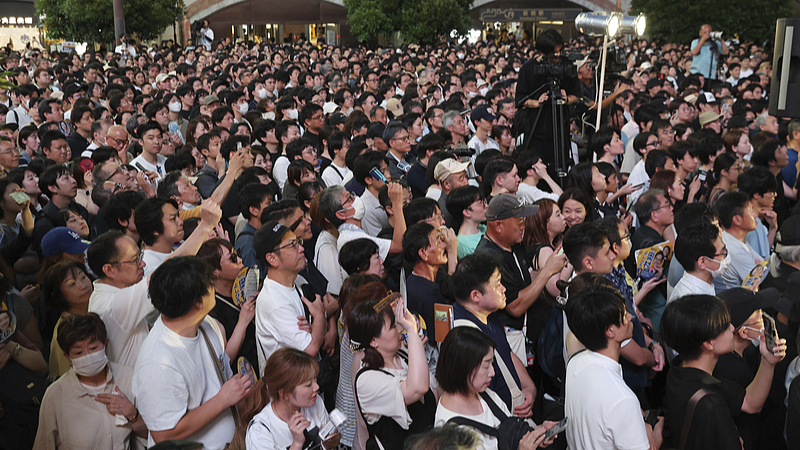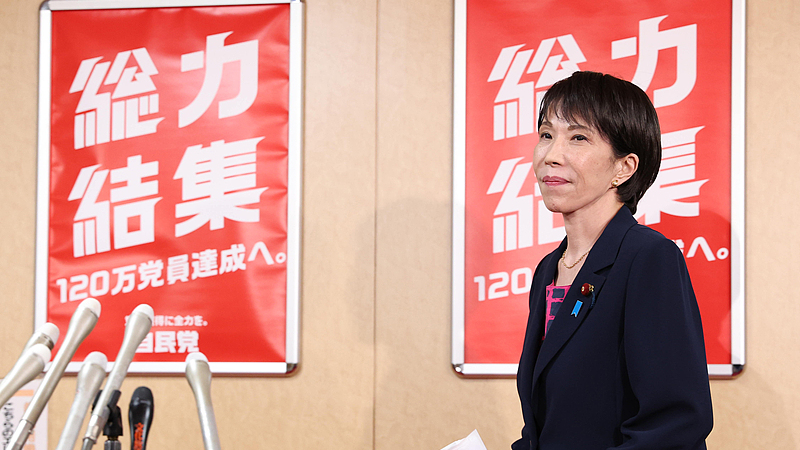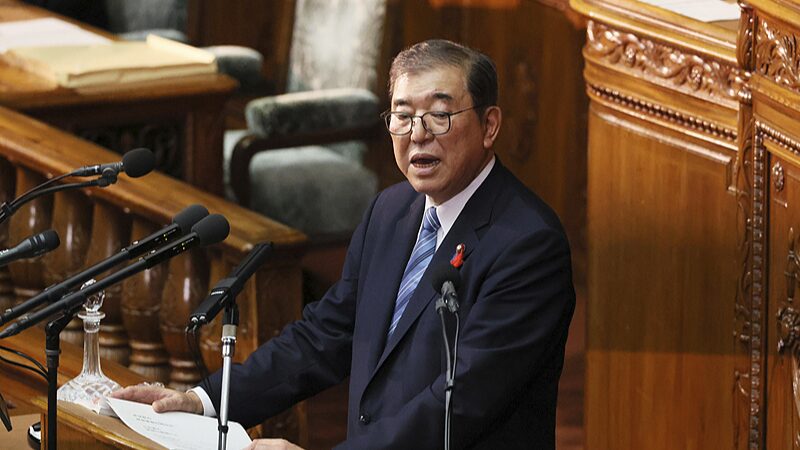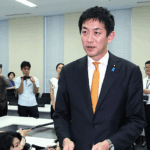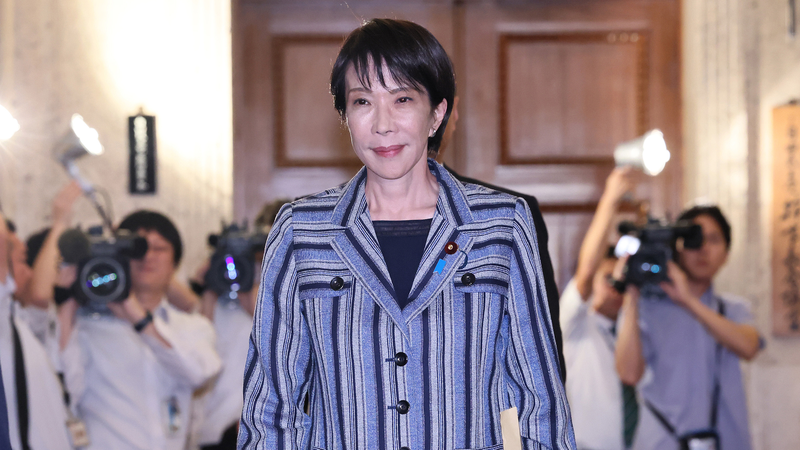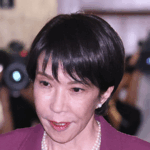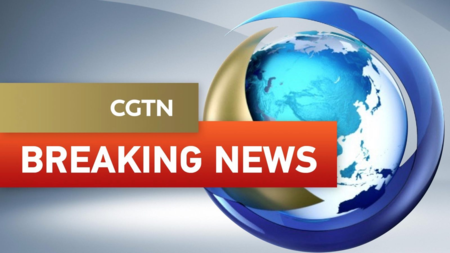Japan's upper house election commenced Sunday with 522 candidates vying for 125 seats, marking a critical test for Prime Minister Shigeru Ishiba's embattled coalition. The ruling Liberal Democratic Party (LDP) and Komeito alliance must secure at least 50 seats to maintain control of the 248-member chamber amid public discontent over inflation and trade pressures.
A Numbers Game
The ruling bloc enters the race with 75 uncontested seats but faces an uphill battle after October 2024's historic lower house defeat forced Japan's first minority government in 32 years. Analysts note that while the 50-seat threshold appears manageable, voter frustration over rising living costs and controversial U.S. tariffs has created unexpected headwinds.
Economic Headwinds Shape Campaign
Market analysts observe that the election results could impact Japan's response to mounting economic challenges. 'Business leaders are watching for signals about potential stimulus measures or trade policy adjustments,' said Tokyo-based economist Haruto Yamamoto. The yen's volatility and export sector vulnerabilities have dominated campaign debates.
Historical Precedent Looms
Should the coalition fail to retain its upper house majority, political scientists warn of legislative gridlock. The Asahi Shimbun reports that such an outcome could force early elections or coalition restructuring, potentially reshaping Japan's political landscape ahead of key G7 meetings next year.
Reference(s):
cgtn.com
